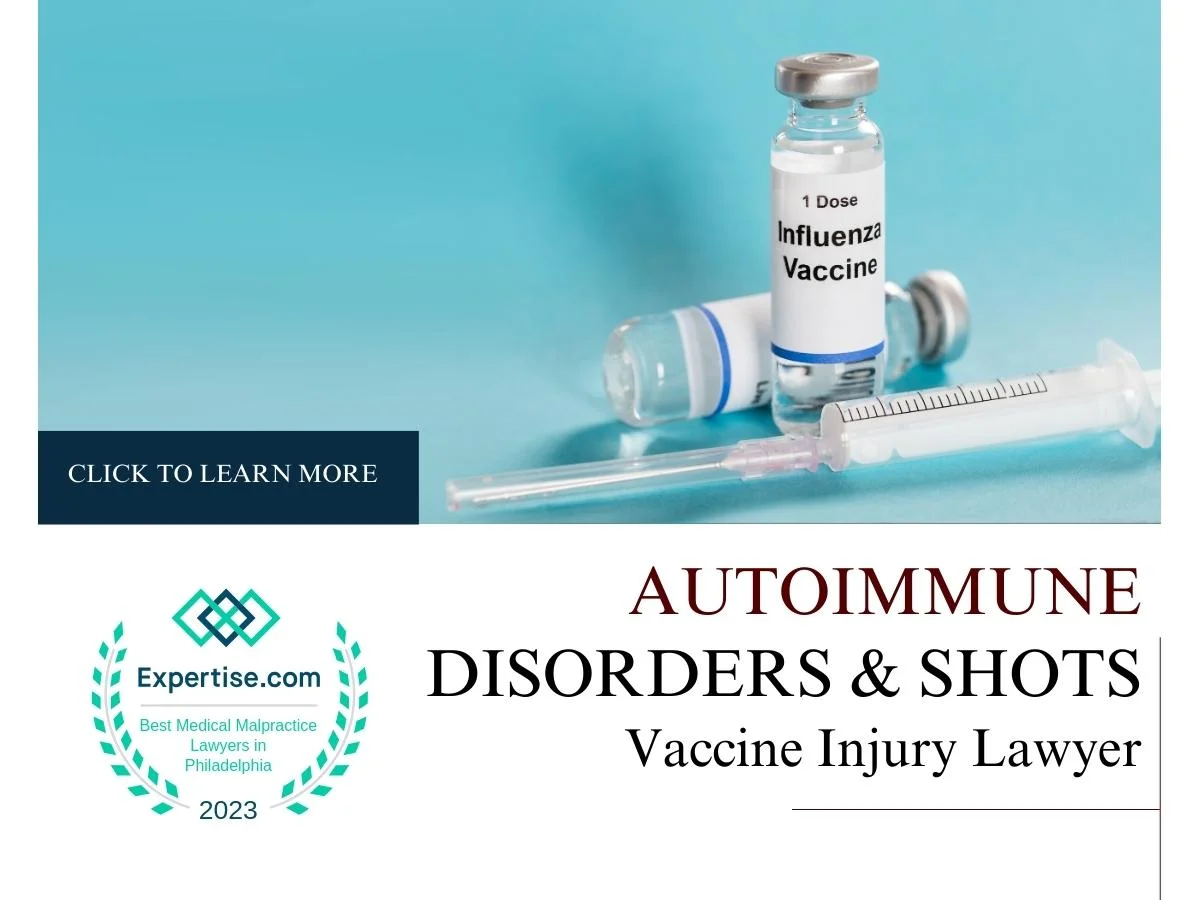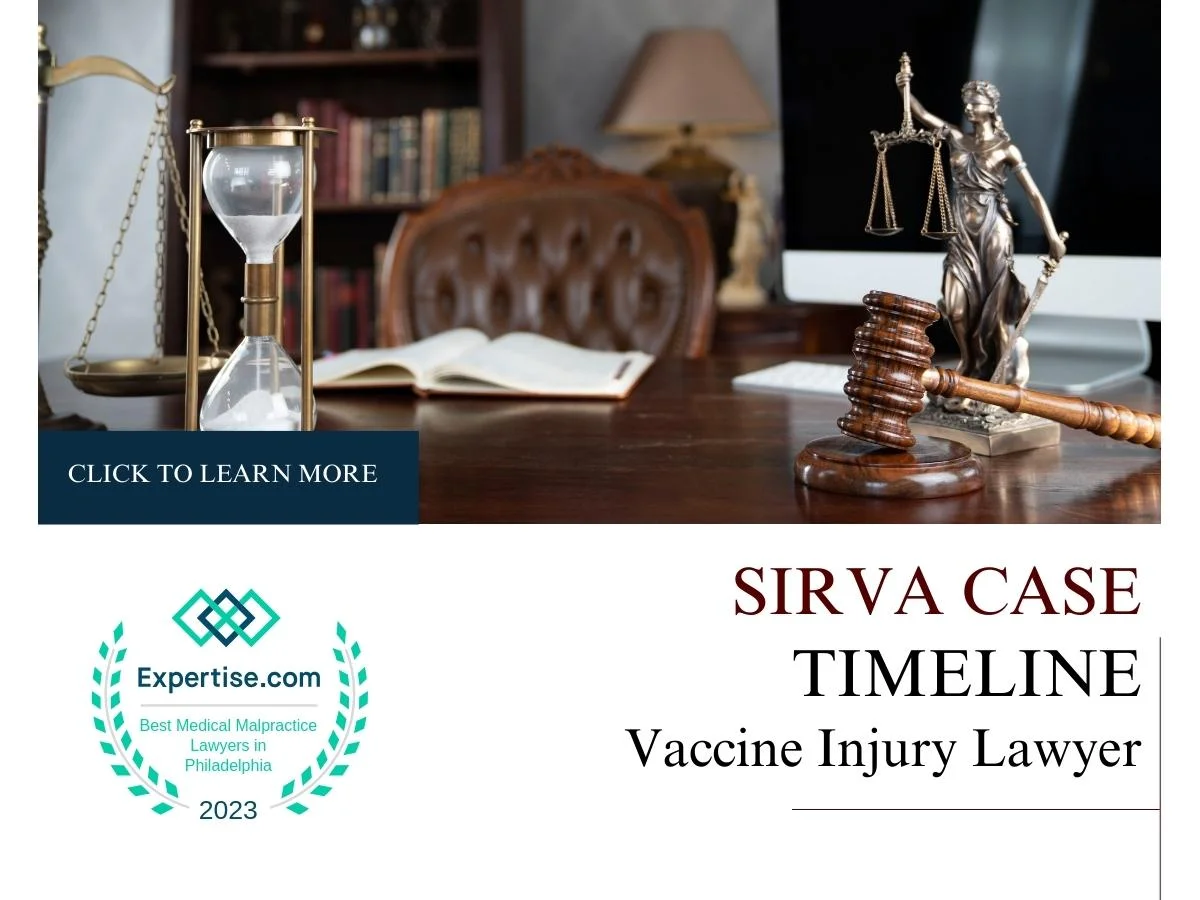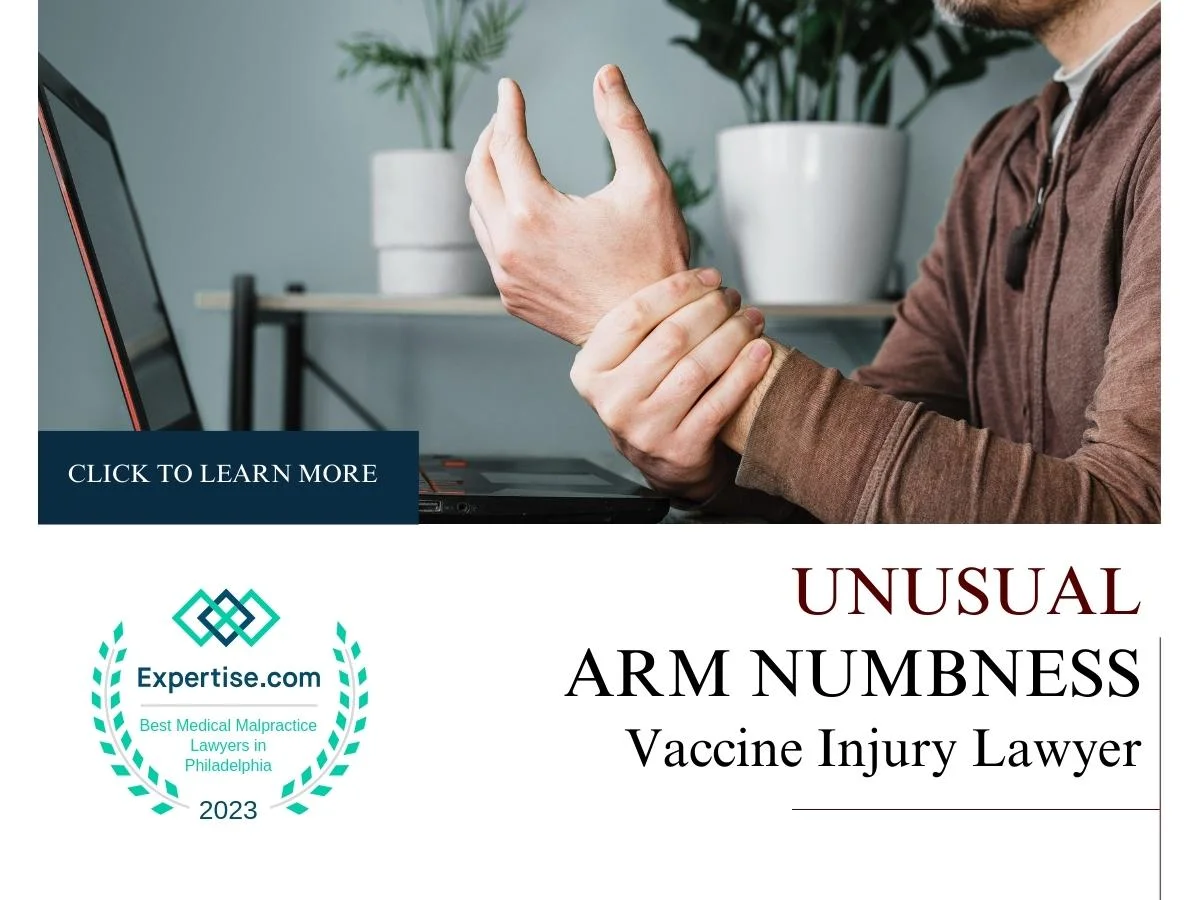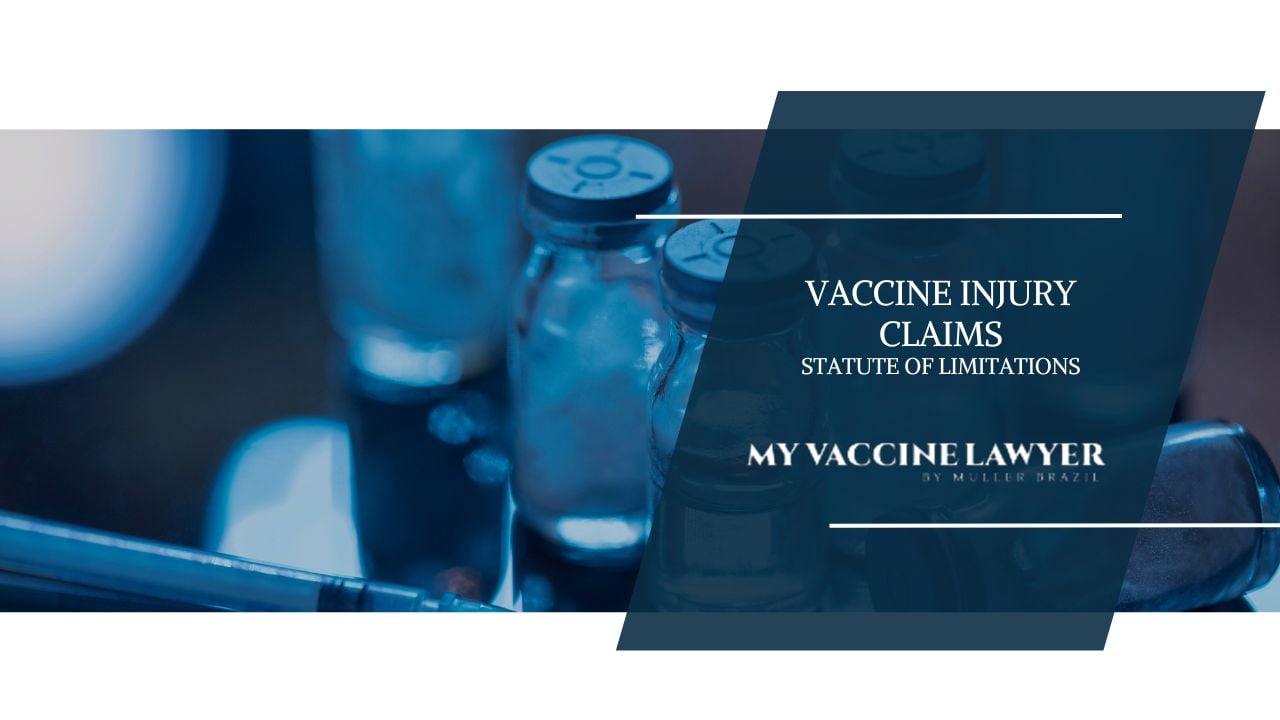Can the Flu Shot Cause Autoimmune Disorders?
Being diagnosed with an autoimmune disorder after a flu shot, you may be eligible for compensation through the National Vaccine Injury Compensation...
3 min read
Vaccine Injury Law Resources / Vaccine Court / Vaccine Injury Claims: Statute of Limitations Explained
 Paul Brazil
:
Nov 9, 2023 12:00:00 PM
Paul Brazil
:
Nov 9, 2023 12:00:00 PM
In the United States, if you experience a vaccine injury, you have three years from the day the injury symptoms first show up to file a claim under the National Vaccine Injury Compensation Program (VICP). This three-year period is the same even for minors. If the vaccine injury leads to death, the deadline to file a claim is two years. It's very important to act quickly and get help from a specialized vaccine injury attorney to make sure you meet these deadlines.
However, in rare instances, vaccines can bring about unexpected complications, such as Guillain-Barré syndrome or Shoulder Injury Related to Vaccine Administration (SIRVA).
Knowing that vaccine injury compensation exists is important when faced with these uncommon challenges. If you or a loved one has experienced a vaccine injury, navigating the path toward compensation may seem daunting.
This article is your guiding light through this intricate journey. We'll dive into the critical concept of the statute of limitations for vaccine injury claims in the United States, an essential first step towards seeking justice and understanding your eligibility for compensation for vaccine injury through the National Vaccine Injury Compensation Program (VICP).
The statute of limitations is a legal concept that sets a specific time limit within which a person can file a lawsuit or claim for a particular legal matter. It imposes a deadline for initiating legal proceedings related to a specific issue.
When it comes to the National Vaccine Injury Compensation Program (VICP), which provides compensation for vaccine-related injuries, some fundamental factors can alter the National Vaccine Injury Program statute of limitations. You need to consider the following:
Under the National Vaccine Injury Compensation Program (VICP), you have a strict three-year window from the specific date when symptoms of a vaccine injury first become apparent to file a vaccine injury claim.
Pinpointing this date can be challenging, necessitating substantial evidence for a successful claim. This three-year limit remains unchanged, even if the injured party is a minor.
Timeliness is critical; delay could mean forfeiting your chance to seek compensation, so promptly contacting a vaccine injury attorney is essential.
Under the National Vaccine Injury Compensation Program (VICP), there's a strict two-year timeframe for filing a claim in case of a vaccine-related death.
This two-year limit is consistent across all states, as the Vaccine Injury Compensation Program operates at the federal level. Missing this deadline means forfeiting the opportunity to file a claim or seek compensation through the Vaccine Court.
To secure your rights, it's vital to consult a specialized attorney promptly, as acting swiftly increases your chances of meeting this crucial deadline.
In a vaccine injury lawsuit under the National Vaccine Injury Compensation Program, the Discovery Rule, which typically starts the statute of limitations clock when an injury is discovered, doesn't apply. Healthcare professionals often note vaccine injury symptoms within six months, making this rule irrelevant.
Equitable Tolling, an exception to extend deadlines, has been unsuccessfully argued in VICP cases. The program doesn't require healthcare providers to link symptoms to the vaccine.
To avoid missing the 36-month deadline, it's often up to the patient to suggest a connection between their symptoms and the vaccine.
Determining your eligibility for a claim under the National Vaccine Injury Compensation Program (VICP) is a hopeful process in 2023. If you are wondering how to file a vaccine injury claim, there are a couple of things to consider first.
Firstly, ensure that the vaccine in question is covered by the Vaccine Injury Compensation Program, primarily focusing on those recommended for routine administration to children by the CDC and subject to federal excise tax. Legal representatives can file for deceased individuals if you believe an injury resulted from a VICP-covered vaccine.
Consult the Vaccine Injury Table to see if your condition is listed, as it presumes injuries are vaccine-induced if they occur within specified timeframes.
If your condition isn't listed in the Vaccine Injury table, don't lose hope; unlisted vaccine-related conditions may still be eligible for compensation with strong supporting evidence like expert testimony or medical records. Additionally, unlisted vaccine-related conditions, like shoulder injuries or Guillain-Barré Syndrome (GBS), may still be eligible for compensation.
While the National Vaccine Injury Compensation Program (VICP) strives to be non-adversarial, vaccine injury lawsuits can become intricate and contentious.
Government attorneys representing the program are seasoned vaccine litigation experts, which can make proceedings challenging for claimants. Due to the complexity of legal, medical, and factual aspects, it's strongly recommended not to represent yourself in VICP cases.
Instead, having an experienced vaccine injury attorney by your side is vital. Importantly, hiring an attorney won't impose out-of-pocket costs, as the Court of Federal Claims covers legal fees through the National Vaccine Injury Compensation Fund.
UnNavigating the National Vaccine Injury Compensation Program (VICP) can be challenging, so having an experienced and skilled vaccine injury lawyer offers the best shot.
My Vaccine Lawyer offers essential support for those seeking compensation for vaccine-related injuries. Our experienced team assists in filing claims and provides guidance throughout the VICP process. With our expertise in these cases' medical, legal, and factual aspects, we're prepared to address any arising disputes, ensuring you receive the compensation you deserve for your vaccine injury.
Paul Brazil is a native of Dunmore, Pennsylvania and a graduate of Dunmore High School. For his undergraduate education, he attended Bloomsburg University where he majored in political science. He then went on to earn his JD from Widener University School of Law. Following graduation from law school, Mr. Brazil worked at a large Philadelphia civil defense firm where he litigated workers’ compensation claims and Heart and Lung Act cases. In 2012, he joined with his coworker Max Muller to form Muller Brazil.

Being diagnosed with an autoimmune disorder after a flu shot, you may be eligible for compensation through the National Vaccine Injury Compensation...

Shoulder injury from a vaccine (SIRVA), settling a case can take several months to years. Factors affecting the timeline include case complexity,...

Experiencing arm numbness after receiving a vaccine is a common concern. While vaccines are important for preventing serious illnesses, they can...
